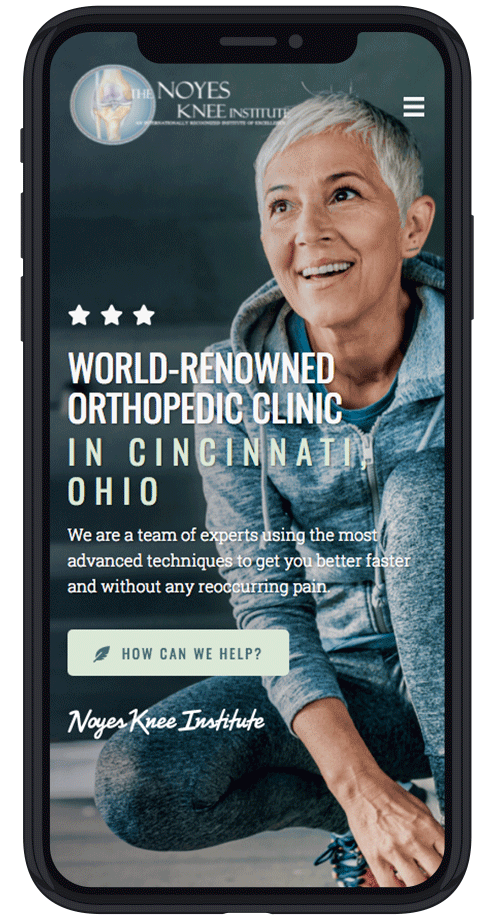Published On
Category
Dr. Noyes and clinical researchers at the Noyes Knee Institute just received acceptance of a long-term clinical research study on meniscus transplantation. Dr. Noyes was one of the first orthopaedic surgeons in the United States to offer this operation in 1988. The paper will be published in one of the most prestigious medical journals, The Journal of Bone and Joint Surgery.
The study followed 38 patients aged 14-49 years who underwent meniscus transplantation an average of 11 years after their operation. These patients had undergone many previous operations and had their meniscus removed typically many years before seeing Dr. Noyes. All were having knee pain with daily activities from arthritis that had subsequently developed. The operation involved transplanting a whole meniscus from cadaver donors and was frequently done with other procedures, such as knee ligament reconstructions. The patients were counseled that the goal of this operation was to “buy time” and provide several years of pain relief before another knee operation would be required due to the arthritis that was already present in their knee.
The results showed that the operation was successful in alleviating pain and swelling, improving knee function for walking, climbing stairs, squatting and participating in low-impact athletics in the majority of patients for many years. Before the operation, nearly 80% rated the function of their knee as poor or fair. At follow-up, nearly 70% rated their knee function as very good or normal. The transplants did well for an average of 8 years, and, in a subset of 13 patients, are still providing good pain relief 10-17 years after the operation. The long-term analysis revealed probability estimates of transplant survival of 88% (5 years), 78% (7 years), 63% (10 years), and 40% (15 years). This study provides orthopaedic surgeons with reasonable survival percentages regarding the potential to delay the necessity for subsequent major operations and improve knee-related symptoms in younger patients who are symptomatic after meniscectomy.
A second study of a larger group of patients is currently underway and expected to be completed very soon. This study involves 70 patients who underwent the same meniscus transplantation operation and the results will be submitted to a major medical journal in 2015.
Article citation:
Noyes FR, Barber-Westin SD: Meniscus transplantation in symptomatic patients under fifty years of age: survivorship analysis. In press, J Bone Joint Surg Am, 2015.

